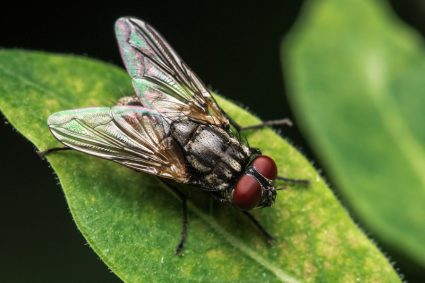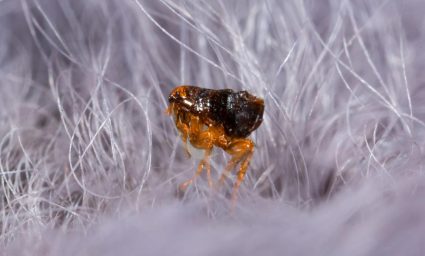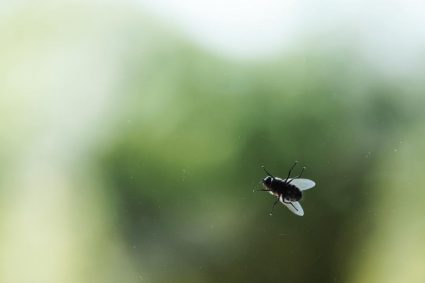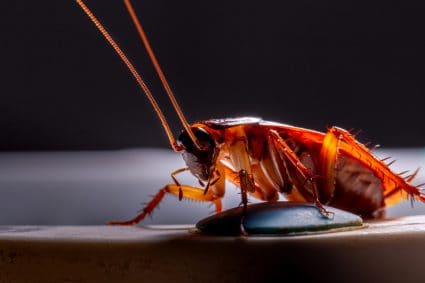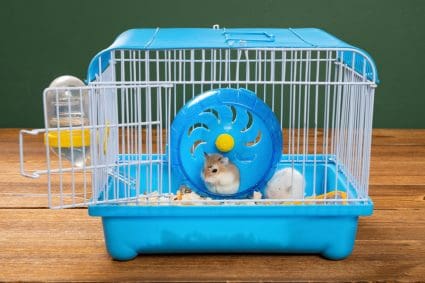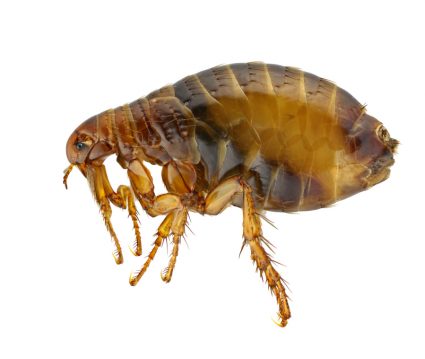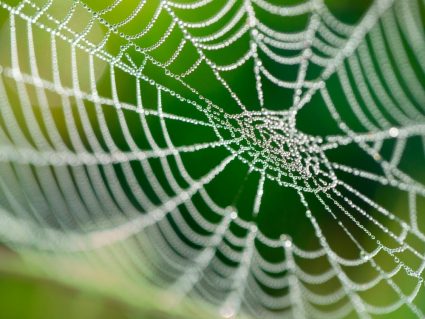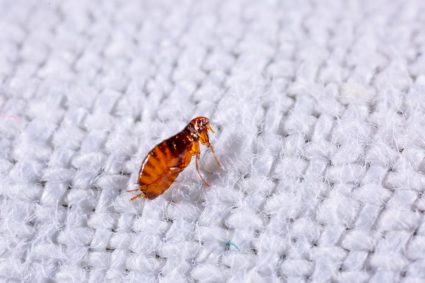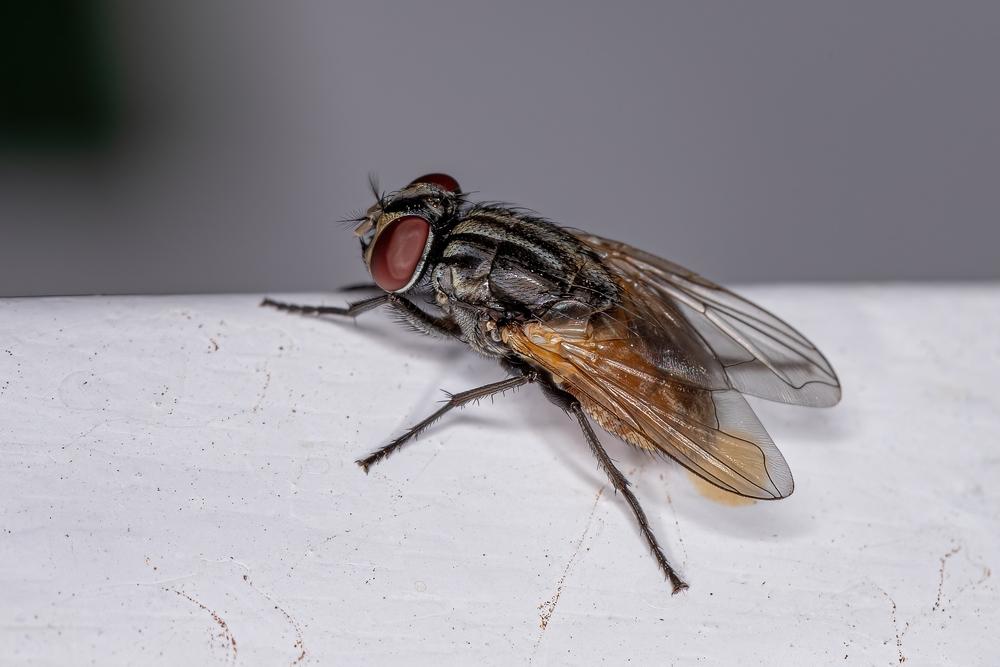
Gnats, the tiny, pesky insects that are often seen flying around houseplants and windows, can be a nuisance in any home. Although they do not bite or spread diseases, their presence can be bothersome and, in some cases, harmful to your indoor plants. However, with the right strategies and preventative measures, you can effectively keep gnats away from your indoor spaces.
To keep gnats away indoors, use natural remedies like sticky traps, potato chunks in soil, homemade gnat repellent sprays, vinegar traps, and essential oil sprays. Commercial gnat repellents and insecticides can also be effective. Prevent gnat infestations by removing any organic material that attracts gnats and avoiding overwatering your plants. If the infestation persists, consider seeking professional pest control services.
Understanding Gnats
Before diving into how to control gnats, it’s essential to understand what attracts them indoors. The most common types of gnats found indoors are fungus gnats, fruit flies, and drain flies. Fungus gnats are attracted to damp soil, which promotes plant root and soil fungi growth. Fruit flies and drain flies are attracted to decaying organic matter, moisture, and sweet or fruity scents.
Early Signs of a Gnat Infestation
Identifying a gnat infestation early can save you from a larger, more challenging problem down the line. Some early signs include seeing several gnats flying around when you turn on the sink, move a houseplant, or disturb other areas where they may be breeding. If your houseplants start wilting, losing leaves, or experiencing leaf yellowing, it could indicate a gnat problem as these pests can damage some plants.
Natural Remedies to Repel or Eliminate Gnats
Luckily, there are several natural remedies available to repel or eliminate gnats indoors. Some effective methods include:
- Sticky Traps: Purchase sticky traps from retail nurseries or garden centers and place them near the infested areas.
- Potato Chunks: Place raw potato chunks in the soil around earthen pots to attract and trap fungus gnat larvae. Replace the infested chunks with fresh pieces after a few days.
- Homemade Gnat Repellent Spray: Mix dish soap, water, baking soda, and vinegar in a spray bottle. Use a few drops of dish soap, a tablespoon of vinegar, and baking soda per cup of water. Spray the mixture on gnats and infested areas.
- Vinegar, Sugar, and Dish Soap Trap: Mix 2 tablespoons of apple cider vinegar, 1 tablespoon of sugar, a few drops of dish soap, and some water in a bowl. Place the bowl near the infested area to attract and trap gnats.
- Apple Cider Vinegar and Dawn Trap: Pour equal parts of apple cider vinegar and Dawn dish soap into a small plastic container, cover it with plastic wrap, and pierce it with a few holes. Place the container near the infested area.
- Essential Oil Sprays: Repel gnats with scents they dislike, such as vinegar, vanilla, pine oil, peppermint, or lavender.
- Mild Liquid Soap Spray: Combine 1.5 teaspoons of mild liquid soap (e.g., Dr. Bronner’s) with 1 quart of water in a spray bottle. Spray the mixture on gnats and infested areas.
Commercial Gnat Repellents and Insecticides
While natural remedies can be effective, there are times when commercial gnat repellents and insecticides may be necessary. Products containing ingredients like Pyrethrin, Permethrin, Bacillus thuringiensis israelensis (Bti), and Neem oil can be effective against gnats.
Preventative Measures
Prevention is always better than cure. Keep your home clean by removing any rotten fruit, vegetables, or organic material that may attract gnats. Overwatering can create a damp environment that attracts fungus gnats, so allow the soil to dry between waterings to prevent infestations.
In conclusion, while gnats can be a nuisance, a combination of proper cleanliness, plant care, and the use of both natural and commercial remedies can help you keep your indoor spaces gnat-free. If the infestation persists, consider seeking professional pest control services.
Frequently Asked Questions
Can gnats harm humans or pets?
No, gnats are more of a nuisance than a threat to humans or pets. They do not bite or spread diseases. However, some people may experience allergic reactions to gnat infestations.
Can I use any type of vinegar for the homemade gnat traps?
While any type of vinegar can attract gnats, apple cider vinegar is especially effective due to its sweet, fruity scent that attracts fruit flies and other types of gnats.
How often should I replace the traps?
The frequency of replacing traps depends on the severity of the infestation. However, it’s generally good practice to replace them once they are full of gnats or after a week, whichever comes first.
Do these methods work against all types of gnats?
These methods are effective against the most common types of gnats found indoors, including fungus gnats, fruit flies, and drain flies. However, if you’re dealing with a different species, you may need to seek professional pest control services.
Can overwatering my plants attract gnats?
Yes, overwatering can create a damp environment that attracts fungus gnats. It’s recommended to allow the soil to dry between waterings to prevent infestations.
Can I use these methods outdoors?
Yes, these methods can be used outdoors as well. However, outdoor infestations may require stronger measures, such as commercial insecticides or professional pest control services.

